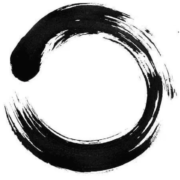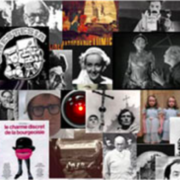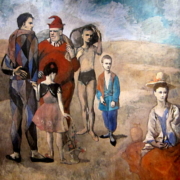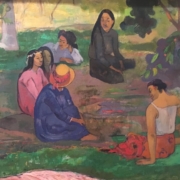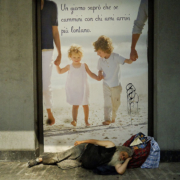The family body in exile. Ritual value of everyday life
Abstract
Exile constitutes a risk factor that is magnified when a subject or family is especially vulnerable, and the extreme conditions under which people have emigrated in recent years heightens this vulnerability. The author considers situations in which not only one family member demonstrates malaise at the psychic or somatic level, but where strong distress is expressed by everyone, both parents and children. The transcultural clinic, whether it operates in a social, psychological or healthcare field, requires tools in order to recognise, understand and care for the suffering family body. The author intends to draw on two theoretical aspects relevant to clinical practice: the concept of the bond (tie) as it is formulated in psychoanalysis, and the ritual value of everyday life, an important contribution from sociology that helps to expand our understanding of the traumatic effects that derive from the sudden loss of continuity and the ensuing fallout for the structure of bonds.
Through an analysis of the documentary Fuocoammare by Gianfranco Rosi, the author – like the director – points to the closeness of our lives to those of exiled individuals, families and migrants, asking: can their presence be considered as a provisional reality, external to us, or are we in fact dealing with a reality that constitutes part of the social fabric which produces us as subjects?

